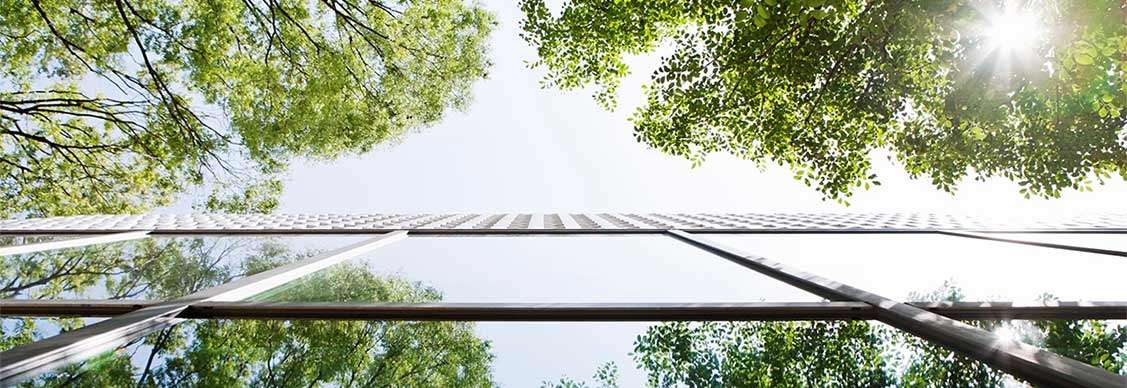The long-term value of investing in sustainable built environments
Following the launch of the Net Zero Carbon Buildings Commitment by the WorldGBC, several businesses from the UAE have committed to operate new buildings at net zero by 2030 and all buildings by 2050.
Within the next 40 years, 230 billion square meters of new buildings will be constructed, and around 50% of emissions from new buildings will be from embodied sources and the rest from operational sources between 2020 and 2050, estimates the World Green Building Council (WorldGBC). As the trajectory of these emissions is expected to grow, the built environment has a critical role to play in the acceleration of climate action for a sustainable future.
Today, the built environment accounts for approximately 40% of CO2 emissions globally. However, the latest report from the Intergovernmental Panel on Climate Change (IPCC) suggests that 61% of global building emissions could be reduced by 2050, with the largest share of mitigation potential coming from new buildings in developing countries, and the renovation of existing buildings in developed countries.
As the United Arab Emirates (UAE) and the Kingdom of Saudi Arabia (KSA) – the first in the Middle East to announce decarbonization strategies – focus on advancing their sustainability ambitions in collaboration with the public and private sector, a Net Zero economy is within reach. In the real estate sector, governments and relevant entities are reassessing their strategies and making substantial changes in their approaches to design, build and operate zero carbon buildings, which is the future of built environments.
Following the launch of the Net Zero Carbon Buildings Commitment by the WorldGBC, several businesses from the UAE have committed to operate new buildings at net zero by 2030 and all buildings by 2050. The Emirates Green Building Council (EmiratesGBC), a pioneer in the field of green building in the MENA region, is working under the umbrella of the Net Zero Carbon Buildings Commitment Taskforce and operating as an assessor of eligibility for the commitment in the UAE.
In addition to building and shaping a greener, more sustainable future for generations to come, zero carbon buildings deliver several benefits for developers, investors, and the wider economy. These include the improved health, productivity, and wellbeing of the building occupants; lower supply chain, construction, and operational costs; risk mitigation; higher asset values in relation to performance and asset desirability; stronger investment opportunities; and access to finance for greener buildings from banks, bonds and institutional investors.
To realize the long-term value of sustainable built environments, real estate companies must set Net Zero targets validated by the Science Based Targets initiative. JLL was the first real estate company in the world to have a science-based target to reach Net Zero by 2040 by eliminating carbon emissions across all areas its operations, which it is currently advancing through a transparent plan and a set of pathways across all three Scopes to measure its progress. JLL’s purpose-driven sustainability program focuses on delivering long-term value for its shareholders by driving climate action for sustainable real estate, creating safe and healthy spaces for people, and providing inclusive places that create equal opportunities for thriving communities.
In alignment the region’s Net Zero commitments and ahead of the United Nations Framework Convention on Climate Change’s 27th Conference of the Parties (COP 27), JLL’s sustainability ambitions will shape and influence sustainability agendas for our clients to help them transform their real estate portfolios for a more sustainable future. Undoubtedly, Net Zero Carbon Buildings and health and wellbeing will be key priorities.
At COP 27, the value proposition for sustainability in the real estate sector will continue to remain at the forefront of key discussions with governments, developers, consultants, and investors alike. And if all parties across the entire value chain focus on driving systematic change at scale in the immediate future, the real estate sector still can keep the world under 1.5°C.
